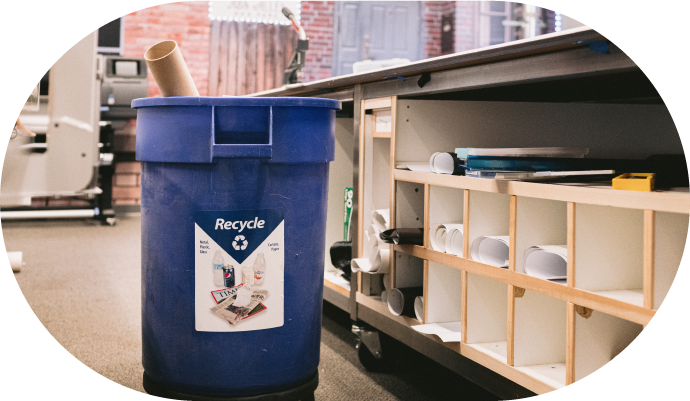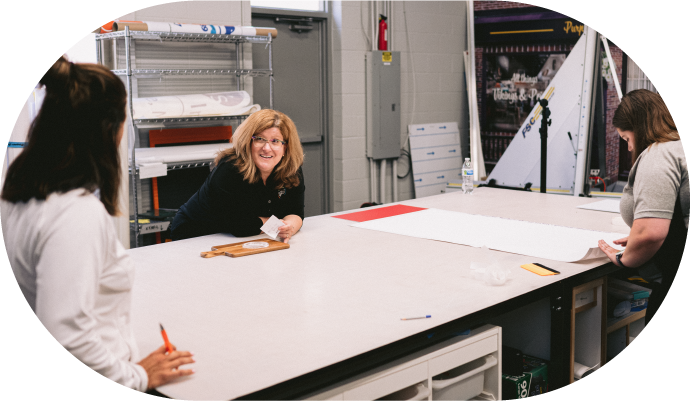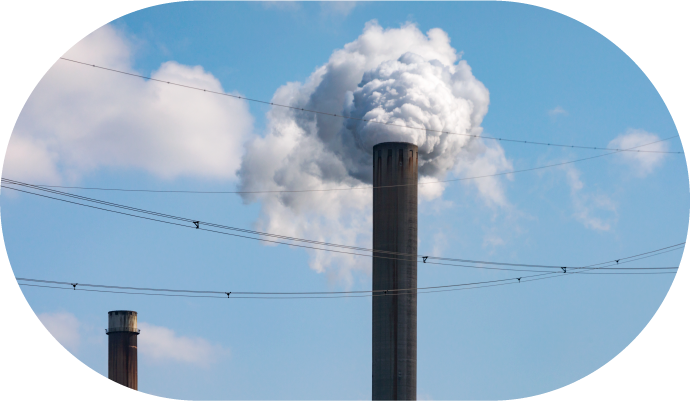Recycling protects our environment.
Recycling and buying recycled products helps keep Minnesota’s lakes and rivers clean. Manufacturing products from recycled materials generates significantly less water pollution than manufacturing from virgin materials. Manufacturing recycled white office paper creates 74% less air pollutants and 35% less water pollutants than making it from virgin wood pulp.
Recycling also reduces energy use. For example, recycling an aluminum can requires 95% less energy and water, compared to producing a can from virgin materials.
Besides generating less pollution and reducing energy use, making products out of recycled materials conserves natural resources. Take paper recycling for instance. Each mature tree we don’t cut down can filter up to 60 pounds of pollutants and carbon dioxide out of the air each year. Recycling one ton of cardboard saves 46 gallons of oil. That’s great for the environment!






